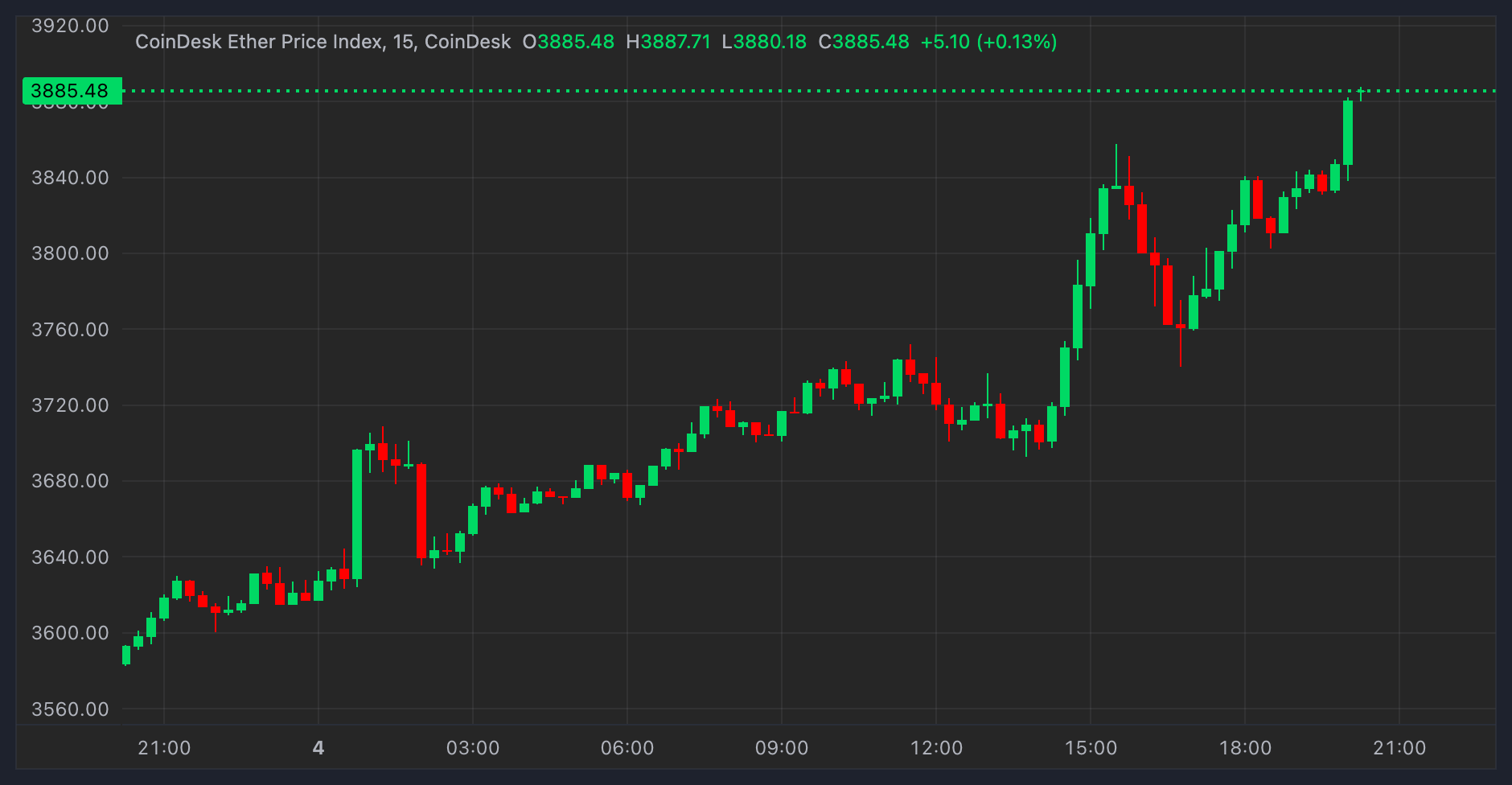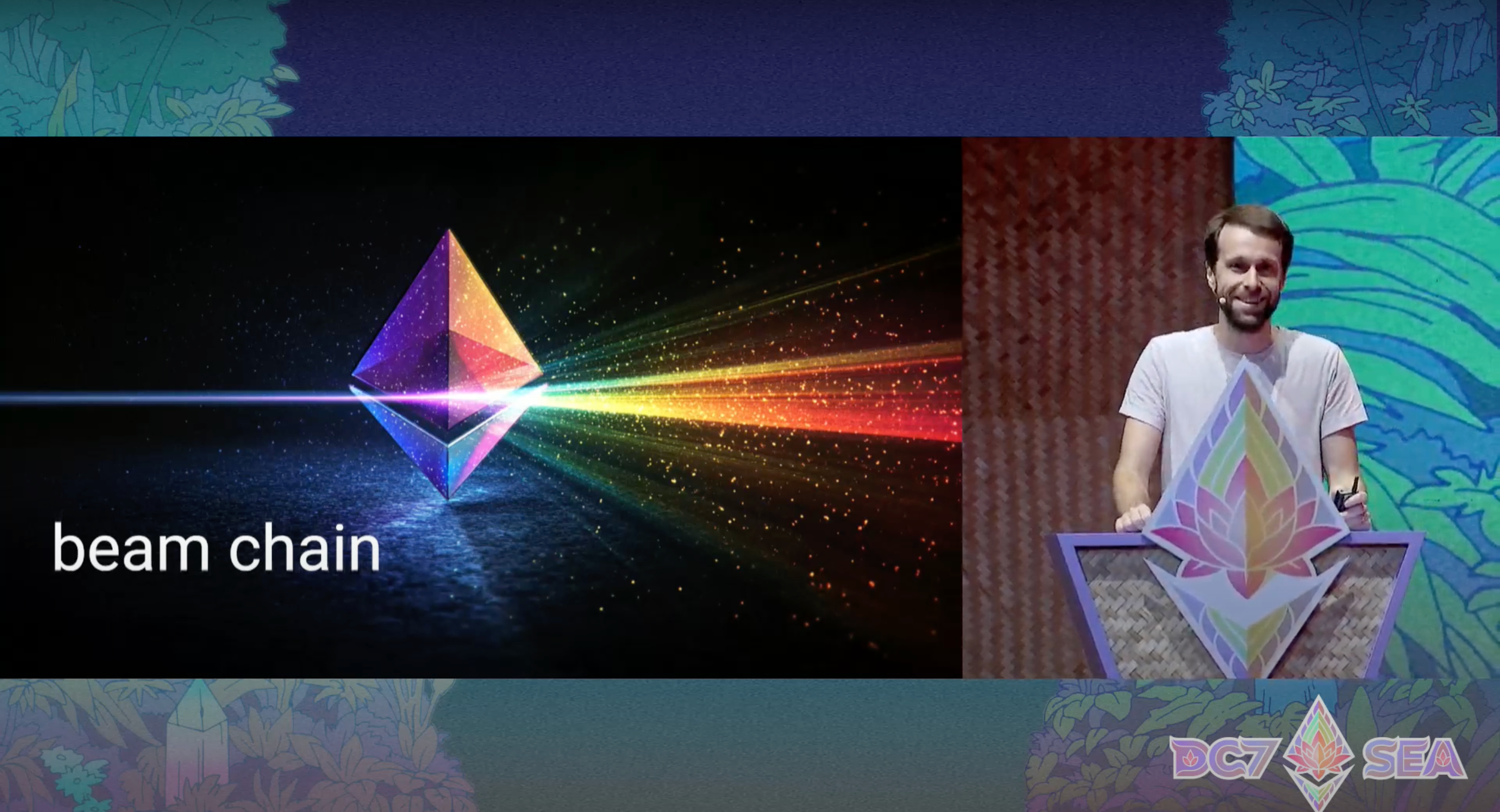Decentralized finance is poised to rebound as the cryptocurrency space gears up for its next big bull run. While 2022 hasn’t been the best of years for crypto or DeFi, with values falling sharply and several well-known projects coming apart at the seams, there’s a widespread perception that from here on in, the only way is up!
That view is based on the general feeling that cryptocurrency prices appear to have bottomed out. With that, many people believe it’s only a matter of time before major tokens like Bitcoin and Ethereum start to regain some of the value they’ve lost over the last few months. When the crypto market does bounce back, it will likely spark a second major wave of investment in DeFi, leading to huge opportunities for anyone who backs the right horse.
The question as always is, where exactly should I invest? The DeFi sector is made up of hundreds of different protocols but not all of them are built on solid foundations. Cautious investors, therefore, should only consider the most trusted DeFi projects in 2023 if they want to ensure their peace of mind.
AllianceBlock
Much more than just a protocol, AllianceBlock is the creator of a comprehensive DeFi infrastructure platform that not only caters to those who want to borrow, lend and stake crypto, but also developers of other DeFi projects. Besides its decentralized investment offerings, it offers trustless KYC/AML and identity verification, compliant peer-to-peer and NFT services, cross border regulatory compliance, an on-chain and off-chain investment data API and more besides.
AllianceBlock was founded in August 2018 by Rachid Ajaja and Matthijs de Vries at a time when investment in ICOs, or initial coin offerings, was booming. The founders were determined to come up with a way to make crypto investments more transparent, equal and fair. Since then, AllianceBlock has expanded its scope and aims to become a bridge between DeFi and the traditional financial instruments offered by banks, such as loans, bonds, savings and capital accumulation.
One of AllianceBlock’s main goals is to take DeFi into the mainstream. While the DeFi industry is known for benefits such as its cost efficiency and its accessibility, it also suffers from the lack of proper oversight and regulation. Because traditional financial institutions must operate within a strict regulatory framework, many have been unable to explore the opportunities within DeFi.
This is the challenge AllianceBlock seeks to address, making it possible for centralized institutions and retail investors to interact with DeFi in a way that’s regulated. By doing so, it hopes to make it easier for users to transfer capital to and from traditional finance into DeFi protocols.
One of AllianceBlock’s most prominent products is the DeFi Terminal, which is a service that makes it simple for developers, builders and retail users to partake in the DeFi ecosystem via an integrated liquidity mining and staking platform. Liquidity mining involves lending crypto assets to the AllianceBlock DEX in return for regular rewards in the shape of a percentage of each transaction fee. DeFi Terminal also enables staking, where users can lock their assets into smart contracts to help verify network transactions and also earn rewards.
As well as these opportunities, DeFi Terminal also offers tools for developers and brands to create campaigns that aim to convince users to provide liquidity for their own, branded tokens. By creating a campaign, a brand can ensure its token has the required liquidity on the AllianceBlock DEX or other decentralized exchanges on supported networks such as Ethereum, Binance, Avalanche, Polygon and others.
Other products in AllianceBlock’s suite include a chain-agnostic bridge, a DEX, and a P2P funding platform called Fundrs.
Aave
It’s hard to think of a more iconic and recognizable name in the DeFi sector than Aave and there’s good reason for that. Having been around since 2018, Aave has emerged as one of the most reputable DeFi platforms around, providing a safe environment for users to lend and borrow cryptocurrencies and real-world assets without intermediaries.
Aave has a simple model that enables people who lend to earn interest, with those who borrow paying interest on their loans. The protocol was originally built on Ethereum and supports all ERC-20 tokens, and has since expanded to support other blockchains like Avalanche, Fantom and Harmony. Its governed by its community via a decentralized autonomous organization, where AAVE token holders vote on key decisions.
Aave provides DeFi users with lots of choice, with more than 30 pools for Ethereum-based assets and additional markets on other networks. In addition, there are lending pools for real world assets including freight invoices and real estate. Aave offers these pools thanks to its partnership with Centrifuge, which is a DeFi protocol that enables businesses to tokenize certain types of assets. These tokens can then be traded freely, acting similarly to bonds and earning regular yield.
As with all DeFi protocols there is still an element of risk when lending crypto assets on Aave. Loans must be overcollateralized and the protocol uses liquidations to manage debt. On occasions where there is not enough liquidity to repay lenders after the collateral has been liquidated, funds will be taken from its Safety Module. This is a special liquidity pool with AAVE tokens deposited by the platform’s users. It pays out rewards at higher rates, but the tokens within it are at risk of being liquidated in the event that the system needs an injection of capital.
Aave is widely regarded as one of the most trustworthy DeFi ecosystems but it’s not resting on its laurels. Earlier this year, the Aave DAO voted to approve a proposal to launch a new, yield-generating stablecoin, known as GHO. GHO will become the native stablecoin on Aave. The plan is for GHO to be pegged to the U.S. dollar and backed by a variety of digital assets. Aave hopes to use GHO to make stablecoin borrowing more competitive, while generating additional revenue by transferring 100% of the interest on GHO loans to its DAO.
Orbs
Just as important as the DeFi protocols themselves is the infrastructure layer they run on, and this is what Orbs Network is looking to improve. Orbs bills itself as an open, decentralized blockchain infrastructure layer that’s focused on accelerating DeFi applications across multiple chains.
Orbs can be thought of as a decentralized backend that enables new capabilities for DeFi, working in conjunction with existing Layer-1 blockchains like Ethereum, and also Layer-2 networks such as Polygon. It creates a kind of tiered infrastructure stack for DeFi that enables decentralized applications to take advantage of Orbs’ enhanced execution services. In this way, it enables developers to build more sophisticated DeFi apps.
A good example of this is Orb’s Open DeFi Notification protocol, which provides up-to-the-second updates on the most critical on-chain events.
Most recently, Orbs announced a new, decentralized Time-Weighted Average Price protocol that’s able to support new order types for DEXs and Automated Market Makers. TWAP is a technique that’s widely used in algorithmic trading in the traditional financial industry, wherein traders use a time-weighted average price to minimize the impact of large orders on the market. The way it works is, orders are split into multiple smaller trades, with each one executed at predefined time intervals over a specified period of time.
Until now, the limitations of EVM smart contracts made TWAP extremely difficult to implement in DeFi. Orbs changes that by leveraging its backend infrastructure to ensure that all TWAP orders are executed at the optimal price, with fair fees, in a secure and decentralized fashion. The service is aimed at DEXs and AMMs that want to offer users a more sophisticated way to trade utilizing algorithmic strategies, similar to what’s available in TradFi.
Cake DeFi
To have your cake and eat it is the dream of every DeFi user. Investors want all of the rewards without taking any of the risk, and this is what Cake DeFi aims to deliver.
Based in Singapore, Cake DeFi has created a core DeFi platform with staking, lending and liquidity mining services, enabling investors to deposit their crypto assets and earn a passive income. Its DeFi ecosystem is based on the DeFi Chain blockchain network, a fork of the original Bitcoin blockchain, and it is powered by its native DFI token.
Cake DeFi’s most novel product is its aptly-named EARN, which is a single-sided liquidity mining service for investors who want to earn passive rewards while protecting themselves from the traditional volatility of the crypto markets.
According to Cake DeFi’s co-founder and CEO Dr. Julian Hosp, investors have understandably become much more risk averse over the last year due to the onset of crypto winter. As such, EARN aims to give those investors a way to transparently earn a generous yield on their investments while keeping the risks to an absolute minimum.
“EARN will allow users to get unbeatable returns on Bitcoin, which they can transparently track on the blockchain,” Hosp said. “The Volatility Protection feature will also protect them against impermanent loss, especially in such times of market volatility.”
Cake DeFi’s EARN uses some clever algorithms to ensure its users will generate a competitive return, regardless of the market forces beyond their control. It’s possible to allocate either BTC or DFI and receive rewards on those deposits every 24 hours with a claimed annual percentage yield of 10%. Of course there are DeFi protocols that offer higher APY than this, but very few that offer the same kinds of protections as EARN does. Rewards are allocated in EARN tokens, which is the platform’s native asset, and are autocompounded to increase yields over the long term.
Cake DeFi said EARN’s algorithm combines the high yields of liquidity mining with the low volatility of crypto lending to deliver on its promises.
To date, Cake DeFi’s products have proven themselves to be among the most reliable in the DeFi industry. Its most recent Q2 2022 Transparency Report highlighted how it recently surpassed the one million customer milestone, with more than $375 million in rewards paid out to date.
Uniswap
Uniswap is one of the largest and best-known DEXs in the business and an essential tool for most DeFi investors. Uniswap first and foremost provides a way for traders to exchange cryptocurrency tokens securely and conveniently, with lower fees than one centralized exchanges. Users can also earn a passive income by depositing tokens into liquidity pools.
Uniswap uses an AMM model that relies on smart contracts to set prices and execute trades. Because of this, the platform is fully decentralized, with no intermediary involved.
Like Aave, Uniswap is able to facilitate crypto trading due to its use of liquidity pools, which are pools of user-contributed funds that are locked in smart contracts. These funds are used to facilitate the trades of users who want to buy and sell various cryptocurrency pairs. With each transaction on Uniswap, a small fee is collected that is then distributed among the pool’s liquidity providers. In this way, it’s mutually beneficial, as traders can swap tokens with lower fees and those who provide the liquidity can earn rewards for doing so.
There are good reasons why Uniswap has emerged as one of the most popular DEXs in the DeFi space. The vast majority of DEXs provide a poor user experience with their clunky designs, whereas Uniswap is known for its slick and simple user interface. Uniswap’s web and mobile apps are extremely user-friendly and have a highly polished design that looks extremely professional. It’s simple to connect a crypto wallet and get started, either by swapping tokens or providing liquidity.
Thanks to its user-friendliness, Uniswap has built up a large audience that provides a second big advantage. Because it has more users, it has more total value locked – meaning more liquidity – than any other DEX. As a result, traders are unlikely to experience any issues or limitations when swapping various kinds of tokens.
Last but not least, Uniswap supports a wide variety of crypto wallets, including MetaMask, Trust Wallet, Coinbase Wallet, Ambire Wallet and many others. All in all it’s extremely easy to use and caters to everyone, explaining why Uniswap is one of the most trusted DeFi apps in the business.
Read More: news.google.com









 Bitcoin
Bitcoin  Ethereum
Ethereum  XRP
XRP  Tether
Tether  Solana
Solana  Dogecoin
Dogecoin  Cardano
Cardano  USDC
USDC  Lido Staked Ether
Lido Staked Ether  TRON
TRON  Avalanche
Avalanche  Shiba Inu
Shiba Inu  Toncoin
Toncoin  Polkadot
Polkadot  Wrapped stETH
Wrapped stETH  Chainlink
Chainlink  Stellar
Stellar  Wrapped Bitcoin
Wrapped Bitcoin  Bitcoin Cash
Bitcoin Cash  Hedera
Hedera  Sui
Sui  WETH
WETH  Litecoin
Litecoin  Uniswap
Uniswap  NEAR Protocol
NEAR Protocol  Pepe
Pepe  LEO Token
LEO Token  Aptos
Aptos  Wrapped eETH
Wrapped eETH  Internet Computer
Internet Computer  POL (ex-MATIC)
POL (ex-MATIC)  Cronos
Cronos  Ethereum Classic
Ethereum Classic  USDS
USDS  Filecoin
Filecoin  Artificial Superintelligence Alliance
Artificial Superintelligence Alliance  Bittensor
Bittensor  Ethena USDe
Ethena USDe  Arbitrum
Arbitrum  Render
Render  Eigenlayer
Eigenlayer  Algorand
Algorand  Cosmos Hub
Cosmos Hub  Stacks
Stacks  Aave
Aave  Hyperliquid
Hyperliquid  Celestia
Celestia